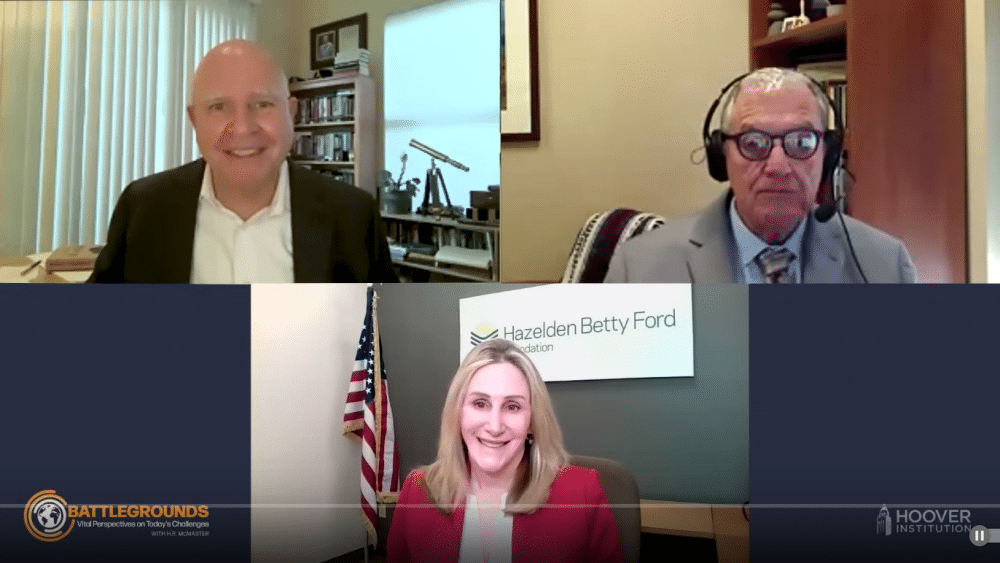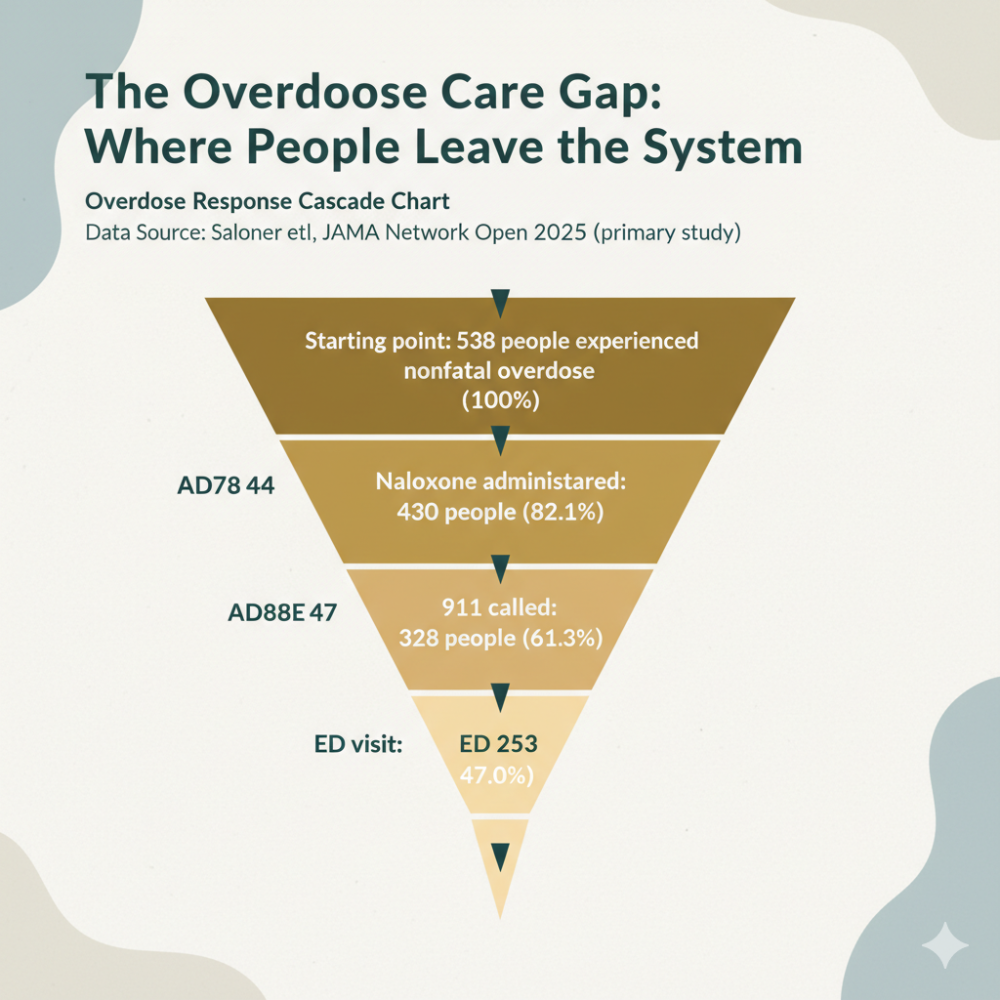Are Colleges Doing Enough to Prevent Overdoses and Save Student Lives?
The devastating story of Monica Vera-Schubert and the loss of her son Bobby highlights a grim reality – opioid overdose has become a leading cause of death for young adults, including college students. Recent CDC data shows overdose deaths among this age group spiked 34% between 2018 and 2022.
But there are evidence-based ways to mitigate this crisis, such as providing widespread access to the life-saving overdose reversal drug naloxone (Narcan). Yet, as this NPR report reveals, the response from many colleges and universities has been severely lacking.
The tragic case of Bobby Schubert illustrates the stakes. Despite a law in California requiring schools to make naloxone available, Monica says none was accessible when her son overdosed in his UCLA dorm room. He died while waiting 10 minutes for emergency responders to arrive.
Tragically, Bobby’s story is not unique. Experts say many college campuses lack specific overdose prevention plans, whether through mandatory training, naloxone distribution, or providing fentanyl test strips so students can check their drugs. The reason? A lack of data – schools often don’t even know when students die of overdose due to medical privacy rules.
Some proactive colleges are taking important steps, like having pharmacy students train their peers on administering naloxone. Others are installing naloxone boxes in dorms and other campus buildings, alongside first-aid supplies. But these efforts remain the exception rather than the norm.
As one researcher noted, the piecemeal response allows many school administrators to stay “willfully blind” to the problem. Tragically, it often takes a student dying for real change to happen, as it did at the University of Charleston.
Ultimately, the onus should not fall on students themselves to fill this void. Peer-led overdose prevention training can be impactful, but colleges have a moral and ethical obligation to prioritize the safety and wellbeing of their student populations.
The skyrocketing overdose death toll among young adults is a public health crisis that demands a comprehensive, evidence-based response from higher education institutions. Anything less is an unacceptable failure that will continue to rob families of their loved ones. The time for colleges to act is now.
Listen to or read the interview at NPR



